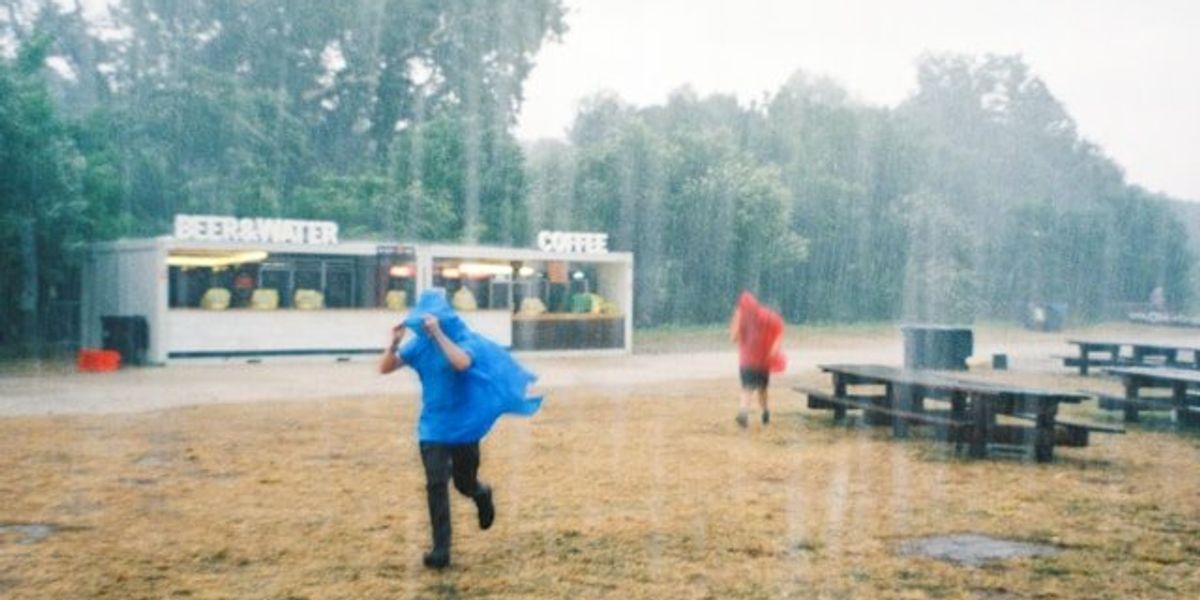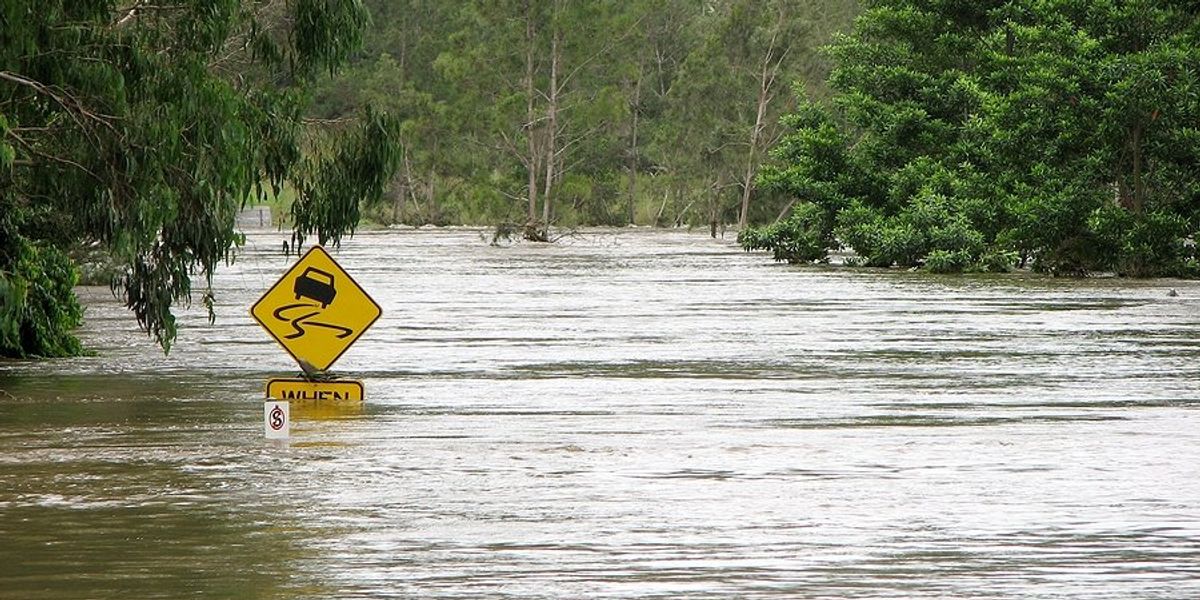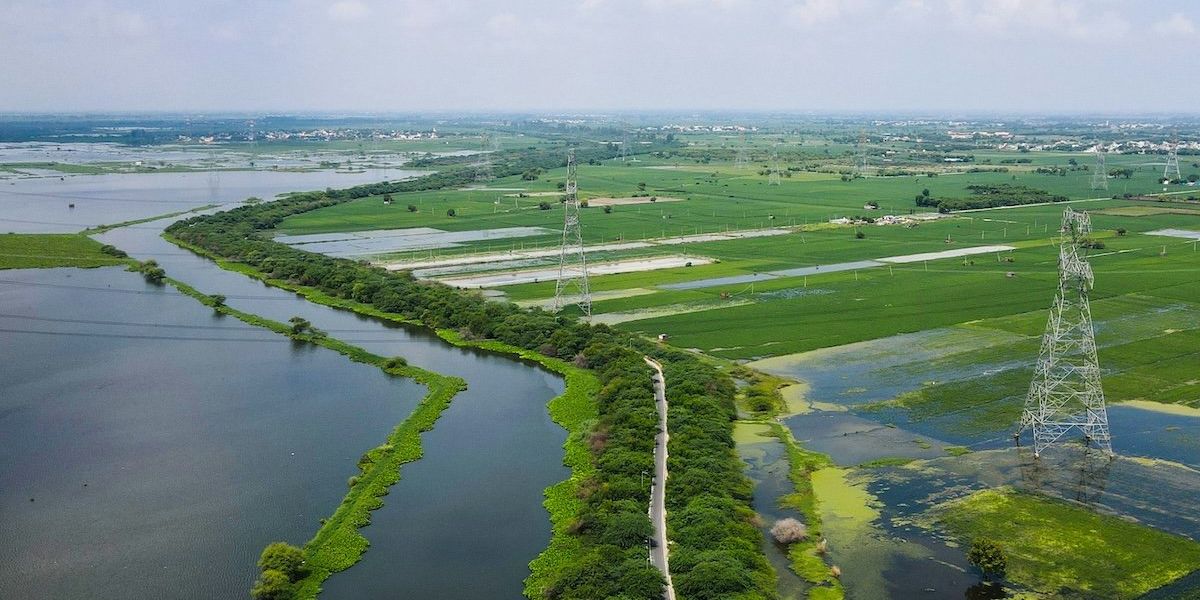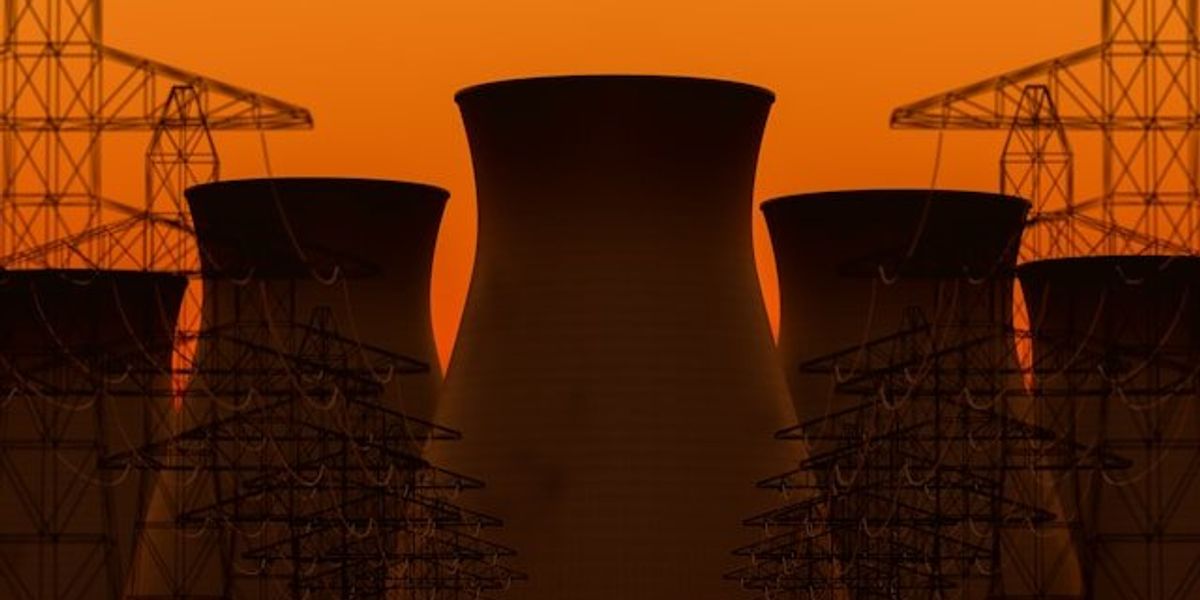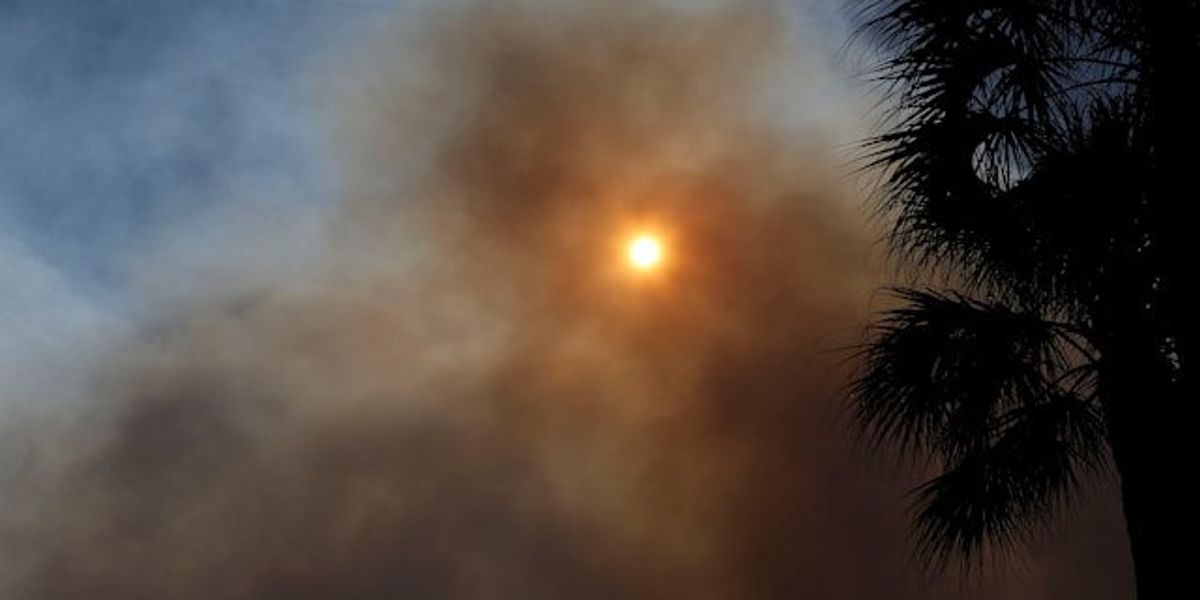
Flooding from Hurricane Helene leaves North Carolina mountain residents isolated and at risk
As floodwaters recede in North Carolina's mountain areas, residents face growing health risks due to contaminated water, power outages and blocked access to hospitals.
Jennifer Horney writes for The Conversation.
In short:
- Flooding damaged water treatment systems, leaving many residents without clean water or power for weeks.
- Mold, contaminated water and mosquito-borne diseases are growing concerns for health, especially for vulnerable populations.
- Road closures are preventing access to essential healthcare, with many residents stranded and unable to get vital treatments.
Key quote:
"People need water for drinking, preparing food, cleaning, bathing, even flushing toilets. Contact with contaminated water can cause serious illnesses."
— Jennifer Horney, professor of epidemiology, University of Delaware
Why this matters:
Prolonged exposure to unsafe water and disrupted healthcare services after extreme weather events can lead to serious public health crises. Addressing these issues quickly is vital to preventing long-term health impacts for vulnerable communities.
Related: Hurricane Helene devastates Asheville, a once climate-resilient city

